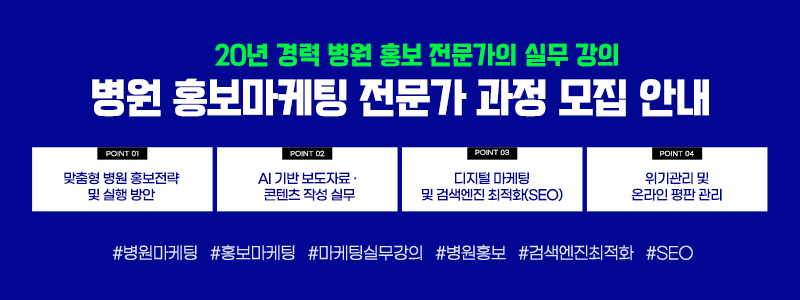Livzon, a leading Chinese gastrointestinal drugmaker with annual revenues of $2.2 billion and a market capitalization of $11 billion, completed the Phase 3 trials in just seven months and promptly submitted the NDA.

Zastaprazan, a potassium-competitive acid blocker (P-CAB), was developed by Onconic and approved by South Korea’s Ministry of Food and Drug Safety in 2023 as the nation’s 37th domestically developed novel drug. Compared with proton pump inhibitors (PPIs), Zastaprazan provides faster onset and longer-lasting acid suppression—important advantages in GERD treatment. Since its launch in South Korea, Zastaprazan has generated more than $9 million in prescription sales within six months and secured export deals in 26 countries.
According to market research firm IQVIA, the global GERD market is expected to hit $36 billion by 2025, with China accounting for $3.6 billion to $5.4 billion, making it the world’s largest single market for GERD treatments. Although China’s P-CAB market is still emerging, it is expanding by more than 80% annually, fueled by a rapid shift from PPIs to newer drugs like Zastaprazan.
“Livzon’s swift completion of the Phase 3 trials and NDA submission validates Zastaprazan’s market potential and competitive edge,” an Onconic spokesperson said. “Given the accelerating transition from PPIs to P-CABs in China, we expect revenue generation to commence sooner than anticipated.”
The GERD market is larger than even the obesity drug market, recently valued at $18 billion by Morgan Stanley. As Zastaprazan expands globally, analysts are watching to see if Onconic can set a new benchmark for South Korean biopharmaceuticals in commercializing novel therapies.
Kim Kuk Ju, HEALTH IN NEWS TEAM
press@hinews.co.kr


